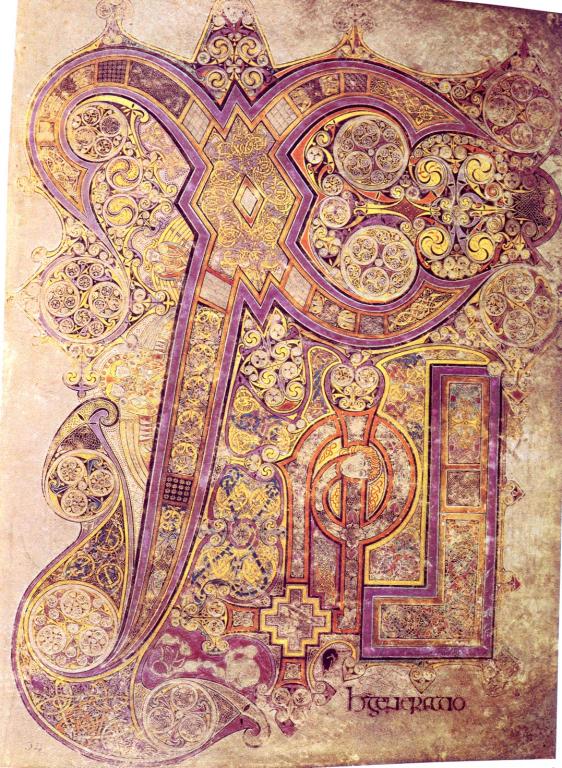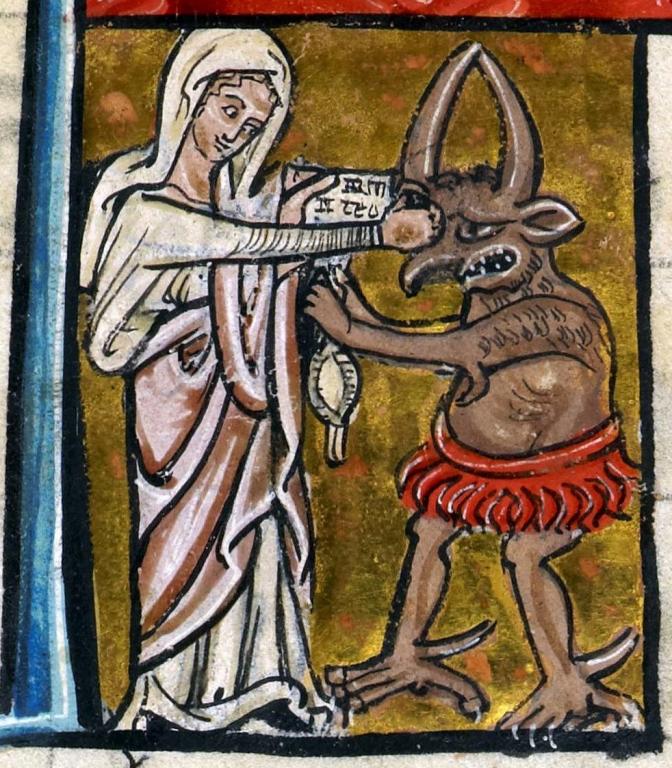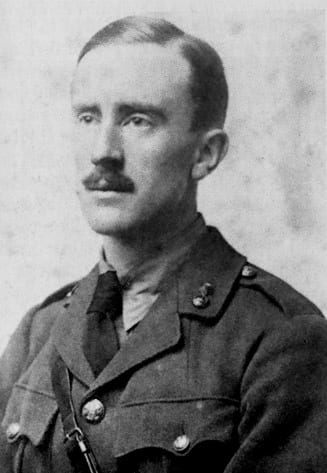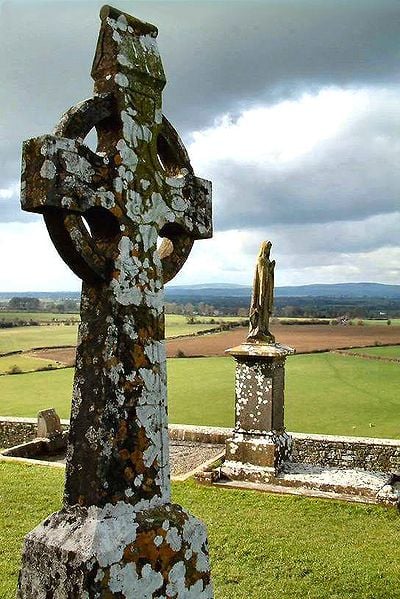Ordinary Time
1 July 2019
The Edge of Elfland
Concord, New Hampshire

Dearest Readers,
Recently it seems there has been something of a kerfuffle over the issue of apologetics here on Patheos Catholic. It all began when fellow Patheos Catholic author Dave Armstrong wrote a piece concerning illegal immigration. For any of my readers who somehow know who I am, but are unfamiliar with Armstrong, he is a lay Catholic apologist who has written many books, and much on various blogs. His post caused Mary Pezzulo, of Steel Magnificat, to respond concerning the relationship between Dave’s views on illegal immigration and apologetics. That same day the deeply read Henry Karlson wrote a piece about the need right now for reform, not for more apologetics to help bring people into the Church. Finally, another Patheos Catholic apologist (neither Pezzulo nor Karlson would define themselves as such), Scott Eric Alt responded about the limitations of apologetics. I personally found this conversation interesting not least because I teach the high senior theology class at my job. That class is titled Apologetics.
My own relationship with apologetics has been an interesting one. On the one hand, the celebrated Christian apologist, C.S. Lewis is an important part of my faith journey. Yet, it was not his apologetics that made me become a Christian. Rather, his fiction was far more important in preparing me for the Gospel. Later when I went to college and then grad school, I found I did not care for our apologetics program (which I did not take) because so many of the students seemed to come out trained analytic theologians/philosophers (perhaps I’ll explain my thoughts on analytic philosophy some other time). But now, here I am teaching a course on a discipline about which I have mixed feelings. So, if you’ll indulge me, allow me to give you my two cents on this particular issue.
First, I think we need to consider what we mean by apologetics. The word itself, of course, means defense. And as Christians we are called on to be ready to give an answer to any who would question us about our faith. But within the last 50 or so years, apologetics has come to mean giving a defense by way of a strictly logical set of arguments. Within Catholicism there tends to be 3 or 4 different kinds of apologetics, typically of the strictly logical sort. First there is apologetics toward those (or more often against those) of no faith. This kind of apologetics is aimed at atheists and agnostics and is often most concerned with the question of God’s existence. Then you have apologetics towards those of differing faiths whether they practice Judaism, Islam, Hinduism, Spiritualism or what have you. Third, there is the unique category of apologetics towards non-Catholic Christians. This can take the more genial form of explaining non-Catholic misconceptions about Catholicism. More often it tends toward why non-Catholic expressions of Christianity are wrong. The fourth kind is a self-apologetic where the audience is one who already believes and desires to be deepened in their understanding.
There are merits to all these kinds of apologetics, even the strictly logical. The problem is that for many people the issues they have with the faith (whether Catholicism in particular or Christianity more generally) are not issues easily solved by a syllogism. What’s worse, so often the questions posed by apologists on behalf of their interlocutors (or opponents) are not questions they’re actually concerned with. I think of the archetype of the college philosophy professor. He demands a veteran do pushups to prove God exists. Or a child proves their teacher’s atheism is unwarranted. These stories manipulate emotions faster than a high school student’s thumbs manipulate their phones (if any of my students are reading this, sorry for the potshot). But this archetype of the angry atheist teacher so often does not exist. The questions people are asking rarely line up with the questions apologists lay out and answer for us.
This is why in my class, while we read C.S. Lewis’s Mere Christianity we also read Holly Ordway’s Apologetics and the Christian Imagination. This year we’ll also be reading Lewis’s Surprised by Joy as well as Rerum Novarum and Laudato Si’. Because for those who have actual questions about the faith, showing them how the narrative and beauty of our faith informs how we treat the poor and all of creation is, to my mind, a far greater apologetic than giving a series of syllogisms meant to give evidence for the existence of God. On that front, I usually take some time with David Bentley Hart to show my students that so often atheists/agnostics mean something vastly different by the word God than we do. And conversations cannot take place if we don’t have a common definition of the words we’re arguing about.
But this leads me to the most important part of all this. Apologetics, evangelization, these things happen best under two important circumstances. The first is when we as “apologists” are truly living out our Catholic faith. When we are truly worshipping the risen Christ in spirit and in truth, when we care for the poor, when we attend liturgy and take part in the sacraments, when we look after the widow, the orphan, and foreigner amongst us, when we create beauty––and not what so often passes for “art” in the Christian subculture––we will say more than any syllogism, however logical and precise, could. And second, when we do all of this in real relationship with those around us, when we actually love our neighbors as ourselves, and care for them whether they’re gay, trans, straight, Muslim, Hindu, Jewish, what have you, then we will show people the power of the risen Christ.
It isn’t that there’s no place for syllogisms and logical, detached arguments. But if they ever were the primary method for bringing people to faith, it seems that they are not now. This is why C.S. Lewis turned from writing apologetics to the Chronicles of Narnia, because he realized that baptizing imaginations would lead to baptizing persons. So by all means, apologists, continue to work on the project of giving a defense for our faith. I would ask that you focus more attention on the arguments actually being made, and that by figures leading in the world against Catholicism and not by random people on the internet. But perhaps consider that your time at the front is now over and that artists and poets, those fighting for justice, and ordinary families living out their faith may do more to bring people into the faith.
Sincerely,
David Russell Mosley











